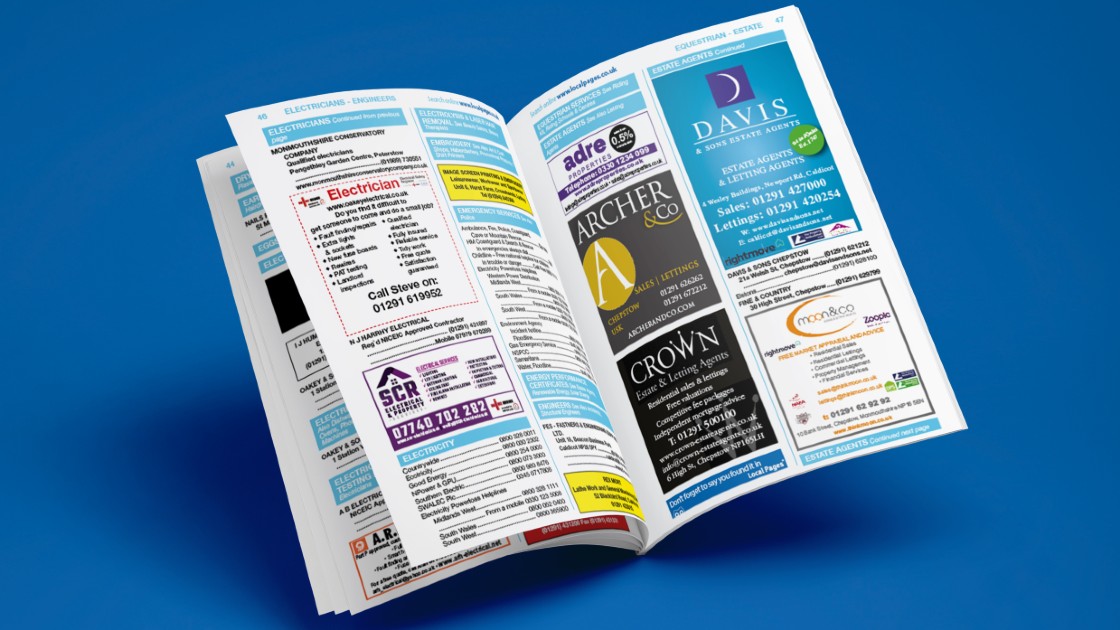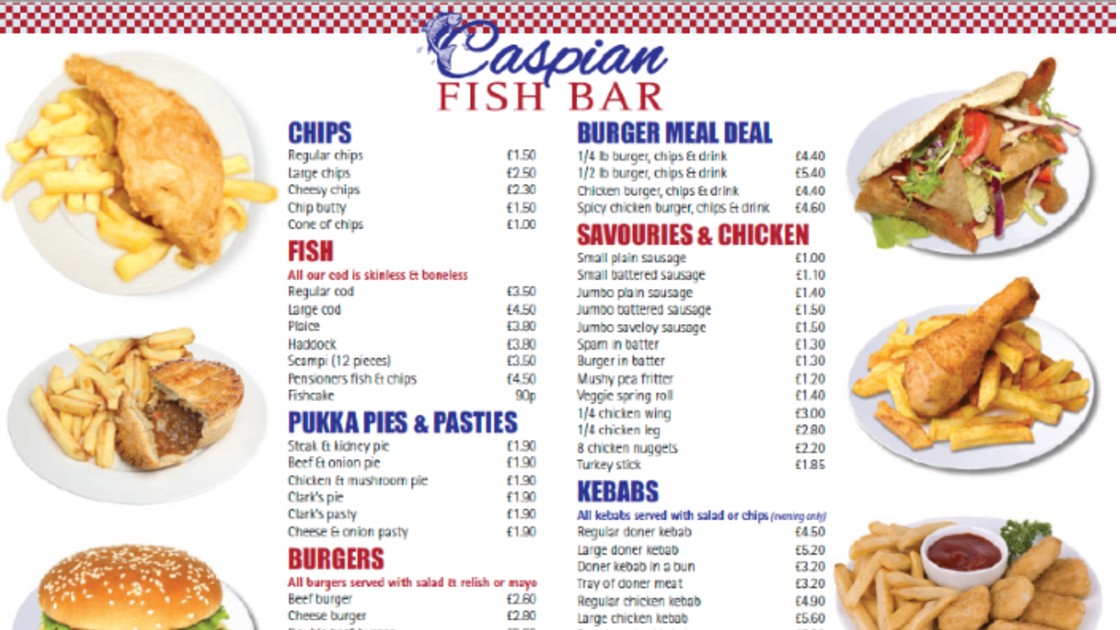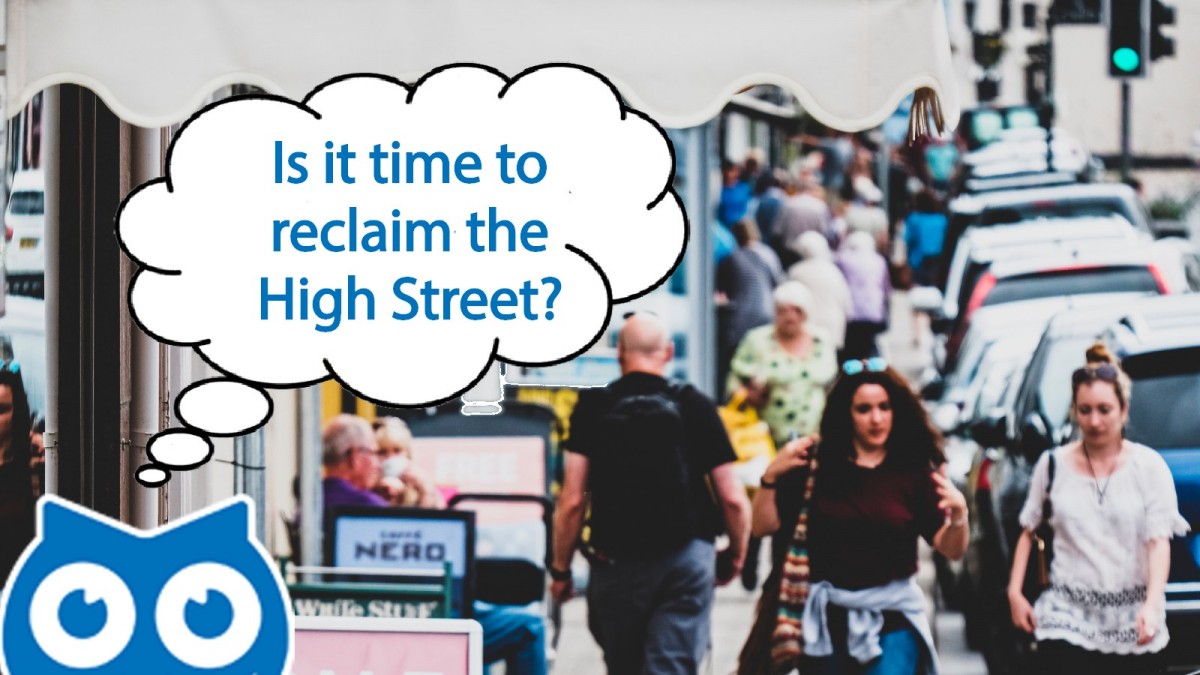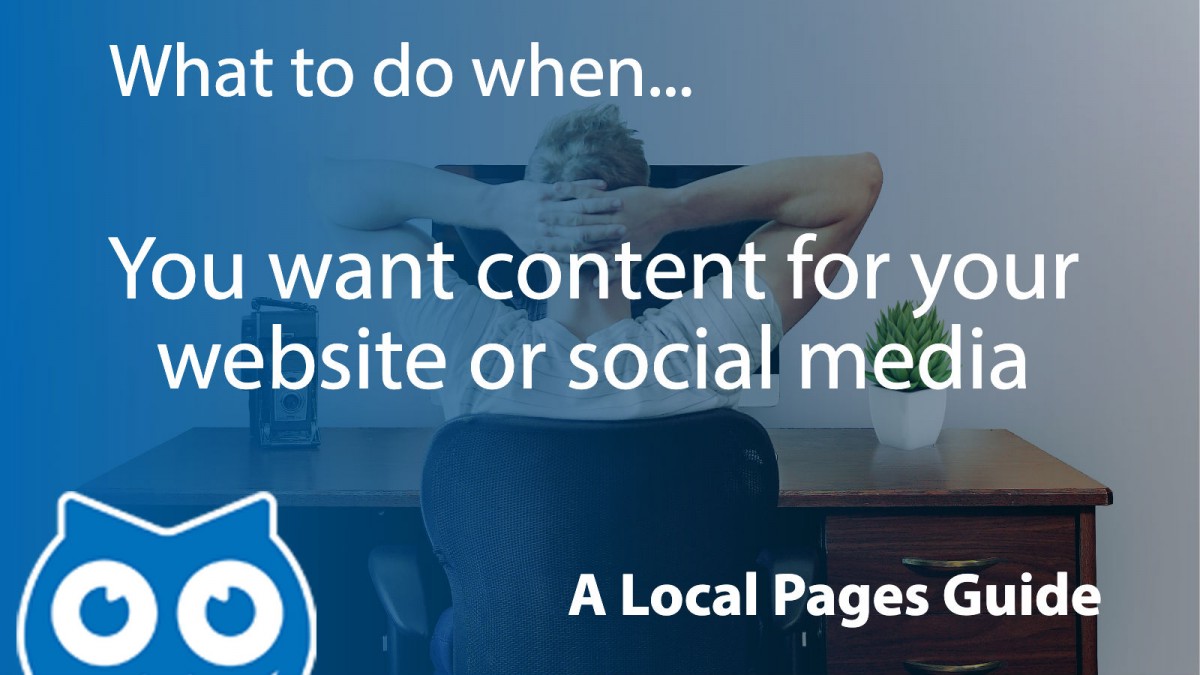By having a call tracking number you can:
- Prove an advertising medium works – A tracked number in our books will give you all the proof you need to book again and again.
- Discover which categories work best – Use a call tracking number under each of your headings to discover which headings work hardest for you.
- Measure your campaign successes – Use different call tracking numbers in each of your campaigns to see which campaigns improve your return on investment and which campaigns should be dropped.
- Discover what time of day most customers call you – Tracking numbers record the time of day that customers call enabling you to maximise your resources to answer their calls and to advertise to them when they are most receptive.
- Appear bigger – By using multiple local numbers in different areas, you can give the impression that you have a network of local offices.
- Appear to be local – Customers like to deal with local businesses. By choosing the local dialling code, tracking numbers allow you to appear as if you are a local business.
- Track a customer’s online journey – By using different tracking numbers on different website landing pages, you can track which pages have most impact when initiating a customer response.
- Help discover a campaign’s weakness – As well as all the positives, you can analyse the aspects of campaigns and webs pages that do not provide a response in order to improve their effectiveness.
- Ensure your privacy – A tracking number connected to your personal phone protects you from the possible abuse caused by advertising your personal telephone in the public domain.
- Monitor your average call length – By monitoring your call durations you can discover what percentage of calls are time wasters and which lead to more meaningful conversations
- Discover your regular customers – Customers that call frequently can be turned into ambassadors for your business by offering them incentives and special offers.
- Record all mobile numbers – With 84% of all adults in the UK owning a smart phone, mobile numbers are a quick and easy way of reaching potential customers with special offers.
- See where customers are calling from – If a large proportion of calls are coming from a particular area, you can alter your advertising messages accordingly.
- Carry out A/B Testing – By making changes to an advert with a different tracking number enables you to monitor the effectiveness of any changes made
- Have different numbers on advertising platforms – A good way of comparing the effectiveness of different media
- Differentiate between products – Depending on your business you could have a different number for each of your products or services to discover what your customers are really interested in.


















